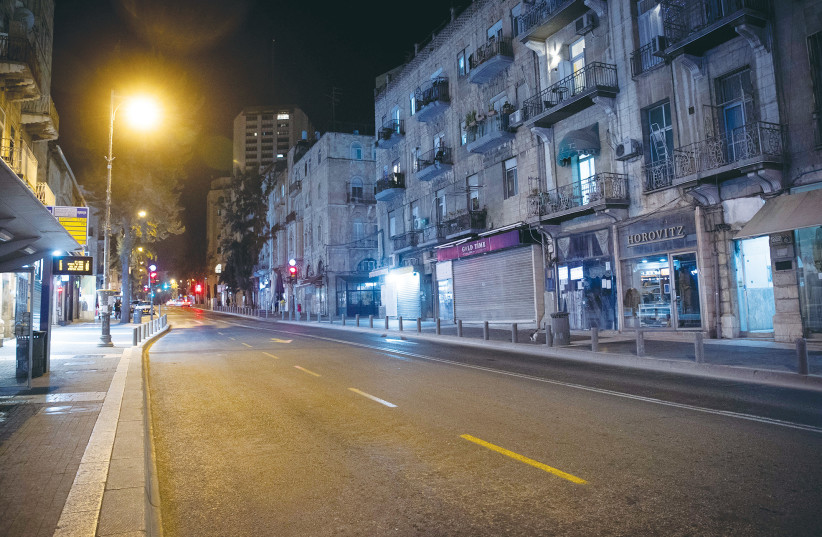With four years passing by since the United States declared COVID-19 to be a public health emergency, how do Americans today view the virus?
A survey issued by the Pew Research Center, based on a little over 10,000 Americans, says that only one out of five US citizens consider COVID as a threat to the US population while one out of ten is concerned that they could still be hospitalized by contracting the virus.
The survey itself was conducted between February 7 to 11, 2024. The report also found that only a little over a quarter of Americans received the updated COVID-19 vaccine that was recommended by the CDC last fall. The trend appears that over time, Americans have taken the virus less seriously compared to when it was new. For example, 69% of Americans were fully vaccinated during the spring and summer of 2021. Comparatively, 16% more Americans received the flu shot in the past six months than the COVID vaccine. Two-thirds of Americans above 65 have said that they typically get a flu shot annually.
The survey does state that half of Americans still say it's important for medical professionals and doctors to address long COVID, while 22% said that they never heard of such a concept.
What about political views?
When it comes to politics, Democrats and Republicans in the survey have a decreasing gap in their personal views on how dangerous the virus is to public health. The gap in particular has fallen by 21 percentage points.

Older Republicans are less likely to be up to date on the virus. However, two-thirds of Democrats in that age range (at least 65 and older) have received the updated vaccine. Democrats are also more likely to be concerned with getting the disease.
Other demographics saw White Americans less likely to concern themselves with getting a serious case of COVID than with people of color.
Lower-income Americans (38%) are concern about getting COVID.
